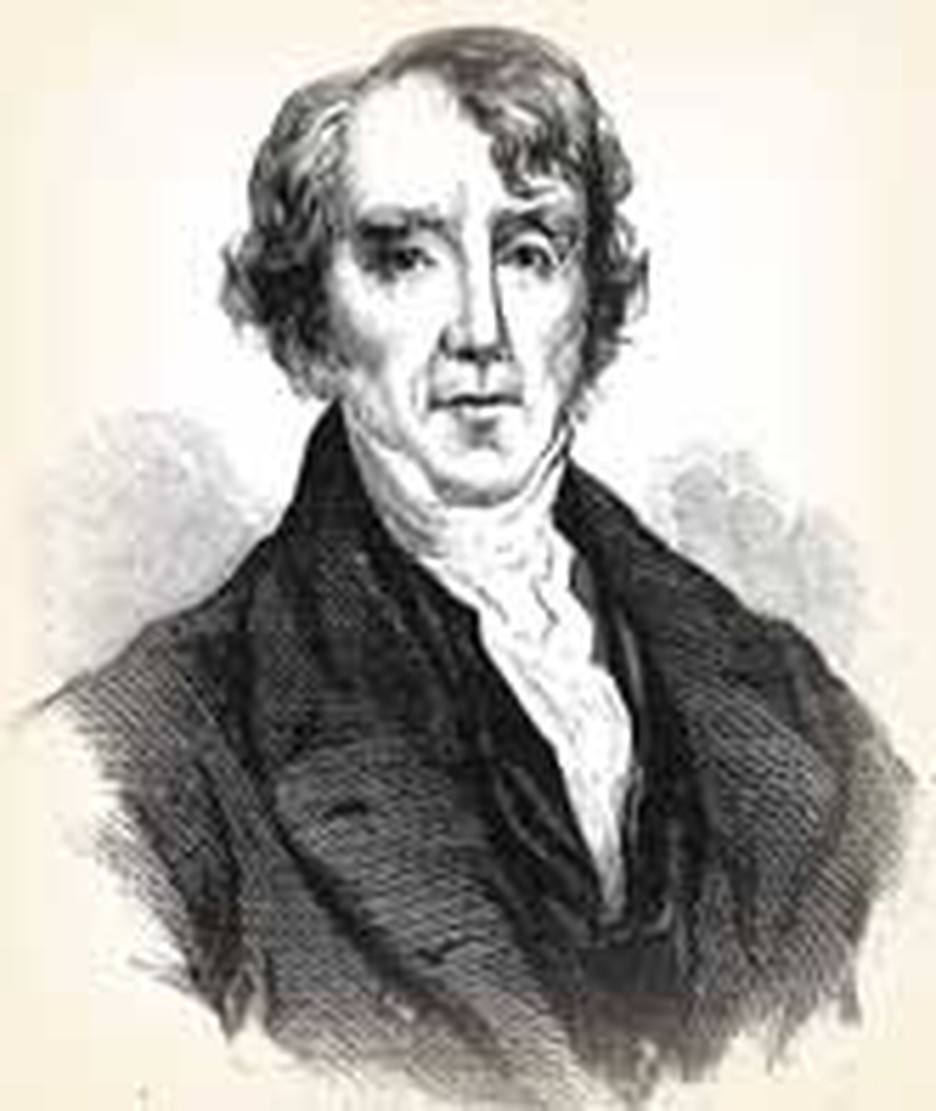
The opponents of the arch-heretic Arius had to acknowledge his purity of life. Likewise, William Ellery Channing's opponents could find little to disparage in his personal character. As a youth he was serious-minded with a bent toward religious and moral readings. Attaining young adulthood, he decided to become a minister and subjected his flesh to severe austerities. He was courteous, gentle, refined. Although he became the focus of a great religious controversy, his writings were calm and dispassionate. On the moral issues of the day he took clear stands. He abhorred slavery, but was opposed to any practical means to overthrow it. He spoke against war and urged against annexation of Texas. He supported Horace Mann's educational efforts and was a champion of American literature.
His ideals would be trumpeted by liberals for many generations. For example, he blamed society for alcoholism, rather than the alcoholic. He taught that man's depravity can be overcome through education.
After completing his ministerial studies, Channing was installed in 1803 as pastor of the Federal Street Church in Boston. Puritan Calvinism was the reigning theological system of New England. But many ministers were not in step with it. Channing was among the disaffected. "Calvinism owes its perpetuity to the influence of fear in paralyzing the moral nature," he said. Man's head and heart must be the final arbiters of truth.
Sensing the heresy in their midst, Calvinists demanded an expulsion of Arians and Socinians. (Socinians also deny the divinity of Christ.) Channing met the Calvinists head on. At the ordination of his protégé, Jared Sparks, held on this day, May 5, 1819, he delivered the speech which separated the Unitarians from the Calvinists and soon made them an independent denomination.
The first half of his speech defended the use of human reason in interpreting scripture. His arguments ignored the role of the Holy Spirit in illuminating scripture. In the second half of the speech, he sported the results of a theology of the unaided human mind. Not surprisingly, the doctrine of the Trinity were first to go. "We object to the doctrine of the Trinity, that it subverts the unity of God."
Rejecting the Trinity, the Unitarians rejected much other Christian doctrine. Channing expressed these views forthrightly in his speech. Christ was not both God and man, nor a member of the godhead. The vicarious atonement of Christ for sin was absurd. Election by grace was a preposterous notion. In short, virtually every doctrine which seems fundamental to Christian religion, Channing renounced that day. He was, of course, not the first to do so, and he surely wasn't the last.
Ironically, his decision to dump the Trinity for the sake of reason came just as breakthroughs in infinity mathematics and concepts of multi-dimensionality helped some to find it more reasonable than ever to believe in the doctrine. Channing's ideas were trumpeted by liberals for many years and some are still held to this day.
Bibliography:
- "Channing, William Ellery." Dictionary of American Biography. (New York : Scribner, 1958-1964).
- "Channing, William Ellery." The Oxford Dictionary of the Christian Church. Edited by F. L. Cross and E. A. Livingstone. (Oxford, 1997).
- Howe, Daniel W. "Channing, William Ellery." Encyclopedia of American Biography. Editor John A. Garraty. (New York: Harper and Row, 1974).
- Lossing, Benson J. Eminent Americans. (New York: Mason Bros, 1857).
- Powell, Lyman P. Heavenly Heretics. (New York, London: G. P. Putnam's sons, 1909).
- Various articles on Unitarianism, collections of great sermons etc.
Last updated April, 2007.



.jpg)